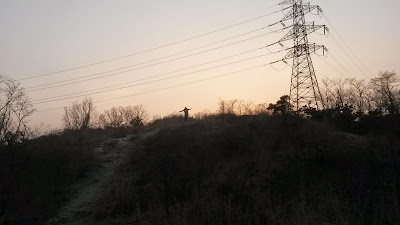What is become of the horseman?
Any narrative which presents faithfully a day and a generation is of necessity historical; and this one presents Wyoming between 1874 and 1890. Had you left New York or San Francisco at ten o'clock this morning, by noon the day after to-morrow you could step out at Cheyenne. There you would stand at the heart of the world that is the subject of my picture, yet you would look around you in vain for the reality. It is a vanished world. No journeys, save those which memory can take, will bring you to it now. The mountains are there, far and shining, and the sunlight, and the infinite earth, and the air that seems forever the true fountain of youth, but where is the buffalo, and the wild antelope, and where the horseman with his pasturing thousands? So like its old self does the sage-brush seem when revisited, that you wait for the horseman to appear.
But he will never come again. He rides in his historic yesterday. You will no more see him gallop out of the unchanging silence than you will see Columbus on the unchanging sea come sailing from Palos with his caravels.
And yet the horseman is still so near our day that in some chapters of this book, which were published separate at the close of the nineteenth century, the present tense was used. It is true no longer. In those chapters it has been changed, and verbs like “is” and “have” now read “was” and “had.” Time has flowed faster than my ink.
What is become of the horseman, the cow-puncher, the last romantic figure upon our soil? For he was romantic. Whatever he did, he did with his might. The bread that he earned was earned hard, the wages that he squandered were squandered hard,—half a year's pay sometimes gone in a night,—“blown in,” as he expressed it, or “blowed in,” to be perfectly accurate. Well, he will be here among us always, invisible, waiting his chance to live and play as he would like. His wild kind has been among us always, since the beginning: a young man with his temptations, a hero without wings.
The cow-puncher's ungoverned hours did not unman him. If he gave his word, he kept it; Wall Street would have found him behind the times. Nor did he talk lewdly to women; Newport would have thought him old-fashioned. He and his brief epoch make a complete picture, for in themselves they were as complete as the pioneers of the land or the explorers of the sea. A transition has followed the horseman of the plains; a shapeless state, a condition of men and manners as unlovely as is that moment in the year when winter is gone and spring not come, and the face of Nature is ugly. I shall not dwell upon it here. Those who have seen it know well what I mean. Such transition was inevitable. Let us give thanks that it is but a transition, and not a finality.
-- Owen Wister (1860-1938), forward to The Virginian (1902)
---

" ... that moment in the year when winter is gone and spring not come, and the face of Nature is ugly... "



Comments